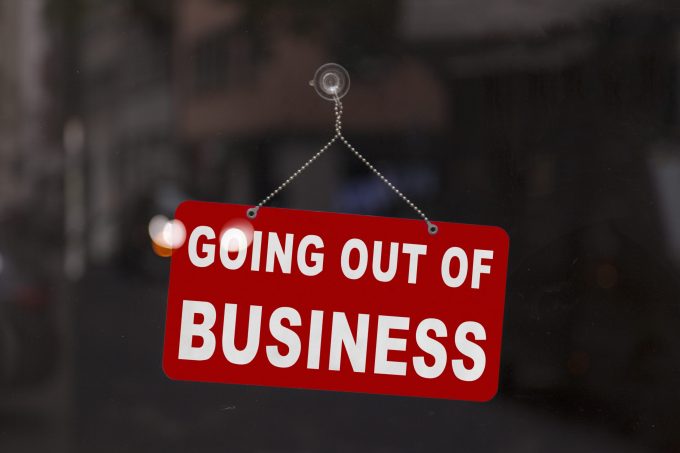Rising costs and lack of drivers means it's still a bumpy road for hauliers
The road haulage sector is still facing rising operational costs, and transport companies have “little choice” ...

Data released last week by accountancy firm Price Bailey revealed a record 463 haulage companies have gone bankrupt in the UK over the past year.
The number of hauliers going to the wall has been increasing sharply since 2020, and the yearly rate of collapse has more than doubled since then – it means one or two haulage businesses are going under each day in the UK.
A study conducted by The Loadstar shows at least 90% of those that ...
Asia-USEC shippers to lose 42% capacity in a surge of blanked sailings
Why ROI is driving a shift to smart reefer containers
USTR fees will lead to 'complete destabilisation' of container shipping alliances
New USTR port fees threaten shipping and global supply chains, says Cosco
Outlook for container shipping 'more uncertain now than at the onset of Covid'
Transpac container service closures mount
DHL Express suspends non-de minimis B2C parcels to US consumers

Comment on this article